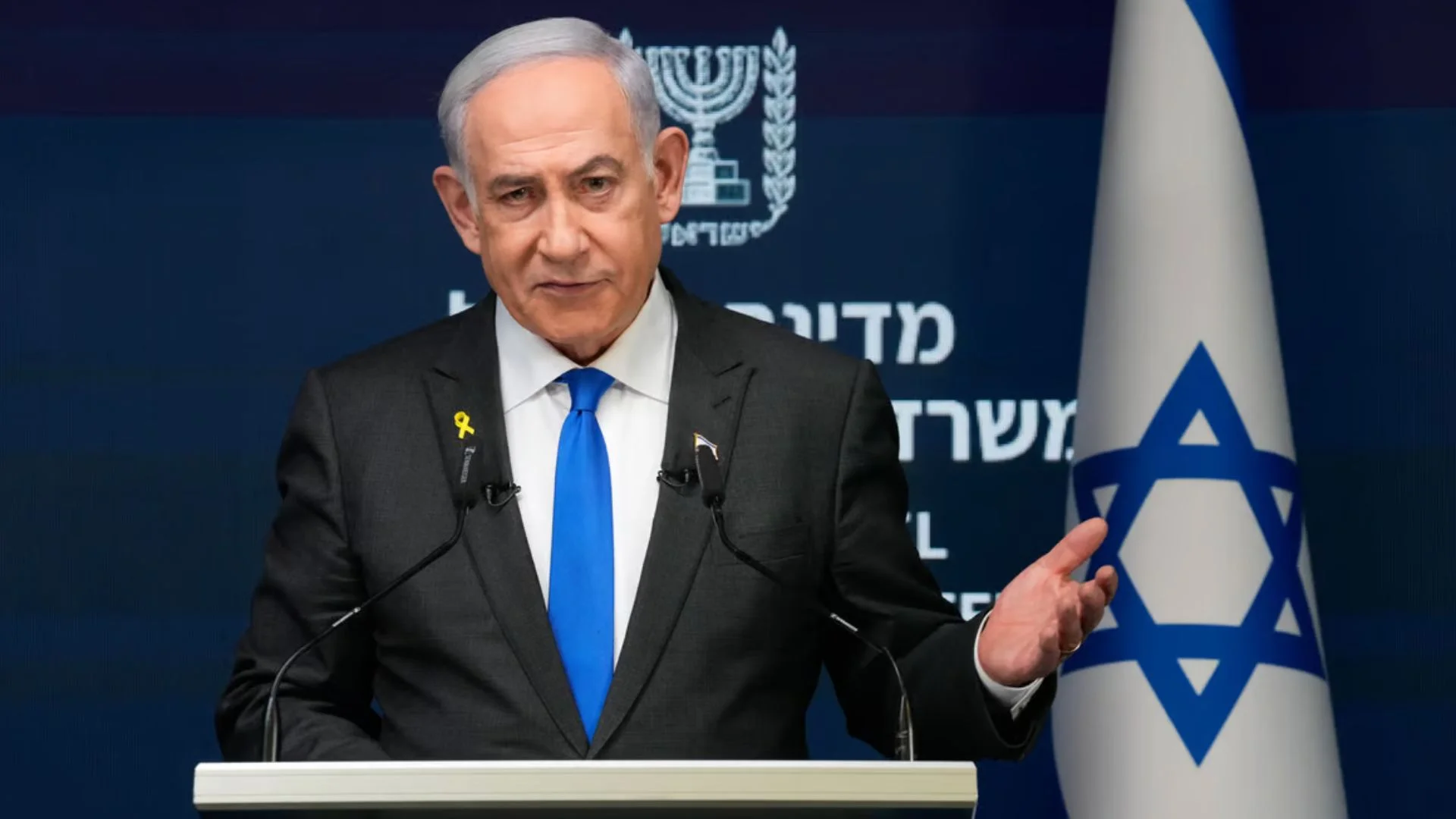Fixation with the past is one of the greatest obstacles in the process of constructive change in the country. There could be no better time to decide priorities. The cue has come from the Apex court of the country.
The question is should Indians delve into their past, recreate the lost glory or fulfill the dreams of Amrit Kal, as envisioned by Prime Minister Narendra Modi to take country to greater heights as a world leader.
In the ancient world Alexandria’s Great Library in Egypt is said to have been destroyed several times, Muslim invaders were also accused for the destruction. Though this was later disputed and it was observed by Bertrand Russell, the logician and other scholars that the library had been destroyed by the Romans much before the advent of Islam.
History is never in black or white, it is far more complex than we often tend to understand it. Even the Indian history as narrated to us since the British era has too many grey areas. Any sane person would say if Muslim rulers destroyed the historical works, they would have been better off preserving the treasures of knowledge.
The problem is that the rulers in the past civilisations thought that the historical remains of the other civilizations would influence their followers, and jeopardize their interests, perhaps that’s why historical artefacts were either erased or destroyed.
Muslims though did try to learn from their mistakes, there was a phase when thinkers and scholars gained important by their learnings from other civilisations and eventually started sharing their learned works with others.
However, more than Muslims the learnings of Muslim scholars such as Avicenna influenced the Christian world. The philosophy of the Muslim scholars later led to enlightenment of European and brought about the Renaissance.
Unfortunately for the Muslims world the benefits of the scholars’ learnings were short-lived. With the churnings in Islam in the 11th Century, clerics became more powerful and scholars were relegated to the background, some of them were even punished.
Several foreign Muslim invaders in India were influenced by the Muslim clerics. They conveniently made Islam their tool to suit their politics. Their acts were justified as being compulsions of politics rather than atrocities.
To be fair all Muslim invaders were not bad, some of them had great contributions and they were so enamored by the Indian culture that they were even accused of losing their religion. Akbar the Great is one such example. He introduced Deen-e-Ilahi, an inclusive religion but he miserably failed to propagate it. Muslim clerics came down heavily upon his philosophy and opposed it tooth and nail.
The Supreme Court recently dismissed a petition seeking formation of a committee, whose job it was proposed would be to ensure that the names of Indian places, which are identified with the Muslim invaders are changed. The double bench of the apex court turned down the petition and came up with the observations, which have provided food for thought.
Several pertinent questions have been raised. Will it be appropriate for the Muslims to rejoice in the past glory of the Mughal rulers or they should they go along with the changing times? Should Hindus be fixated in getting the names places changed or they should move on? Should both of them delve into the past or look at the promising future ahead of them and make India a superpower. Both the things cannot happen together.
The Supreme Court had observed, “The history of any nation cannot haunt the present and future generations to the point that succeeding generations become prisoners of the past,” further adding that in the Independent India Constitution lays the guiding principles and not the history. In these utterances there is a clear message for both the communities.
“Hinduism is the greatest religion in terms of metaphysics. The height which Hinduism have in Upanishads, Vedas, Bhagwat Gita are unequal in any other system. We should be proud of it,” the bench of Justices KM Joseph and Justice BV Nagarathna had observed.
In the past such sentiments have also been reflected by scholars, who are more reliable than preachers. Bohra Muslim scholar Asghar Ali Engineer in his book Islam Misgivings and History writes, Alberuni, the historian acquired knowledge of Sanskrit language and studied Hindu scriptures in Sanskrit. He was of the opinion that both religions have much in common and it is more a difference of language than substance.
He translated Upanishads into Persian and called it Sirr-e-Akbar. What is more interesting is that he begun with invoking Ganesha, along with Bismillah Hir’ Rahman Nir’-Rahim. Dara Shikon wrote that monotheists of India also believed in qiyamat-e-qurba (The Day of Judgement) and in Hindu scriptures it is referred as mahapralaya. He compared concepts of mukti with that of Sufi fana fi Allah. He then wrote about Bhahmand as the body of God. Brahmand in Islam is referred to as Alam-i-Kubra, which is manifestation of Allah.
Confluence of such thoughts is what gives India its richness, something which definitely needs to be carried forward. The people must decide what’s good for their country, which is a mother of numerous communities. Either they let history decide their future or they preserve history to remind them of the mistakes of the past for learning in the future.
Atir Khan is a Delhi-based senior journalist






